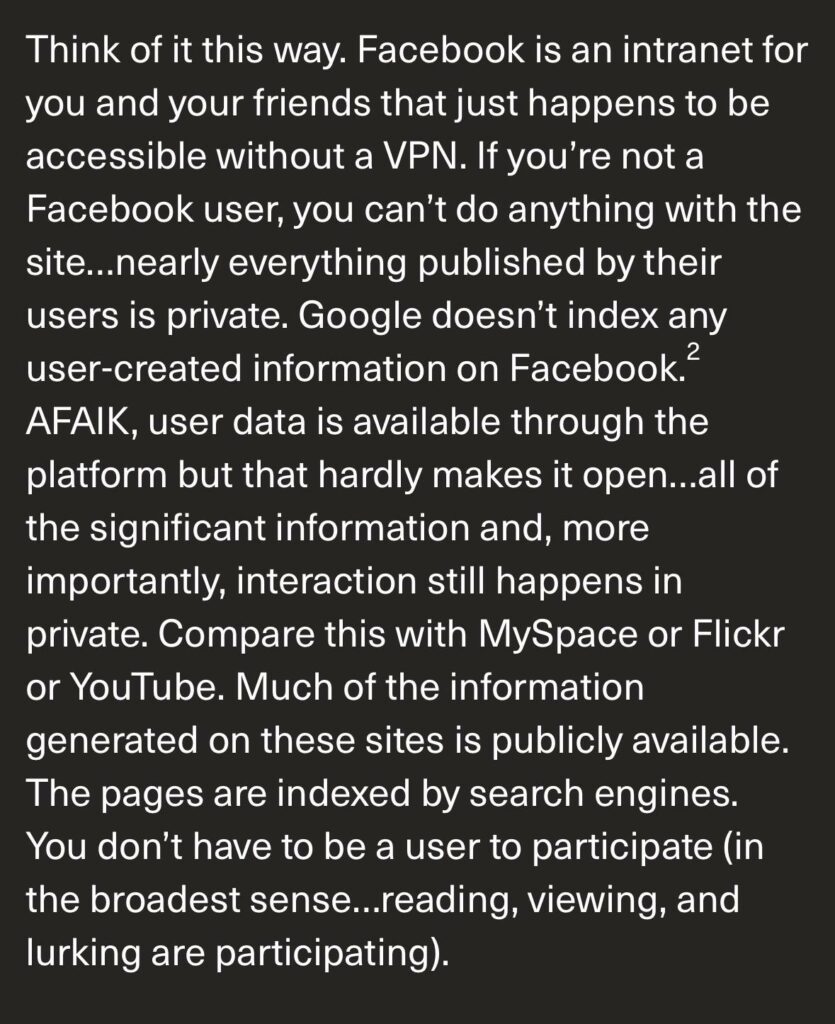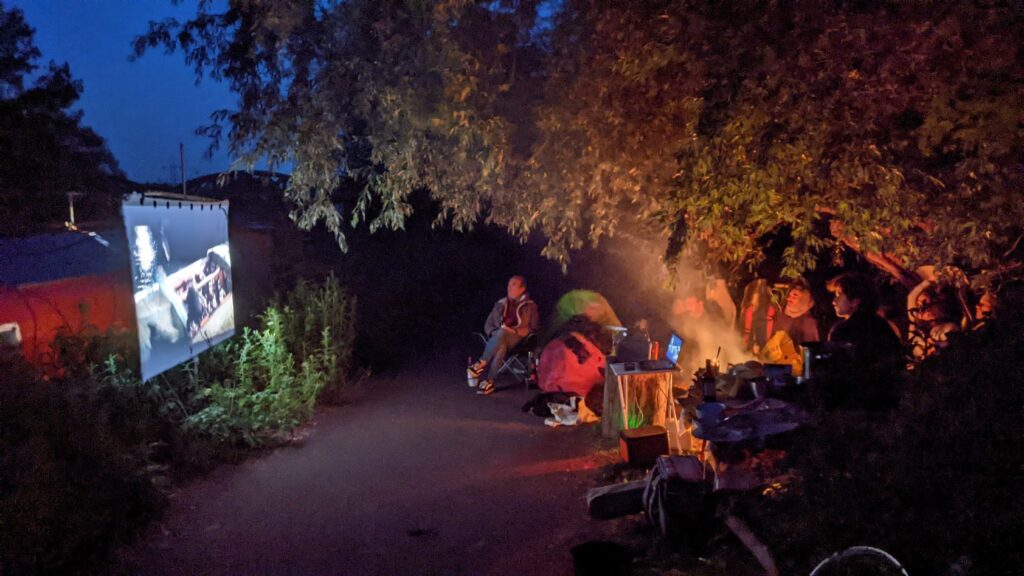It took four decades of sleepwalking through #neoliberalism, cultural decay, ecological collapse, and social atomisation, but at last, the #mainstreaming is starting to talk about the #deathcult we’ve been worshipping.
Case in point: Steve Coogan – yes, Alan Partridge – is now publicly accusing Keir Starmer and Labour of “paving the way for Reform UK,” the rising hard-right threat. Here’s the article. It’s not satire, it’s despair. Coogan’s right, and a few years ago, such a comment from a mainstream celebrity would’ve seemed extreme. Today? It’s just stating the obvious.
The “centre” has collapsed. The “left” has hollowed itself out in fear. And the space where #lifecult politics might live is now overrun with fear, cynicism, and opportunism. This is the #deathcult in action, the system that tells you there is no alternative while everything burns down around you. For 40 years we’ve been taught to accept decay as progress, control as freedom, and despair as maturity.
But here’s the thing, we told you so, for people like me, and many others working on open networks, digital commons, grassroots media, and post-capitalist systems, this isn’t news. We’ve been working and talking about this for decades.
In the world I am in, we’ve already working on alternatives: Decentralised governance via the #OGB. Federated publishing through the #OMN. Ethical tech rooted in the #4opens. And a cultural path that doesn’t rely on selling your soul to #dotcons or begging #NGOs for scraps.
We weren’t trying to be ahead of the curve. We were trying to get people to notice the damn cliff. Now that we’re tumbling over it, suddenly everyone’s surprised. Now the #mainstreaming, which ridiculed or ignored these grassroots, native paths, is whispering our language, but still to often refuses to take the paths we are on.
On this continuing common sense #blocking, let’s be blunt – now is the time to stop being prats about this necessary change. No more waiting for the next electoral saviour. No more hiding behind polite inaction. No more pretending that rebranded centrism is going to save us from fascism, it won’t.
If you're reading this, you probably already know the centre won't hold. So what's stopping you?We don’t need more think pieces, what we need is more people to get their hands dirty, pick up the tools we’ve been building, and start doing the real work. This means, in my area of tech activism:
- Federating your networks.
- Hosting your own content.
- Engaging in horizontal governance.
- Publishing with principles.
- Building trust and commons, not brands and silos.
The good news? The framework paths exist, the seed communities exist, the infrastructure, with the #Fediverse is small but growing solid. What’s been lacking is you, your time, your courage, your refusal to keep being a prat, to become brave enough to take this different path.
This Isn’t about nostalgia – It’s about now. We’re not dreaming of the past, we’re recovering futures that were lost when the #dotcons, the NGOs, and the #neoliberals buried the #opwnweb’s radical possibilities under a mountain of grift and branding. This isn’t utopianism. it’s simple pragmatism, resilience. It’s how we survive the rise of the new right without defaulting into the arms of the old centre – the ones who made this mess in the first place.
And for the record, if you need reminding: In this tech path, we don’t need another “platform.” We don’t need another fake “community” run by venture capital. We don’t need more loud voices doing nothing. What we need is to take paths back to rooted, open, and federated ways of working.
This is what the #OMN and #4opens have always been about. You can ignore it for another year or two, but you won’t outrun what’s coming, better to start planting now – it’s not too late to grow something real.
The time is now, if you’re waiting for permission, this is it. The people who once called us cranks are now writing op-eds about the collapse we have seen coming for years. The centre is falling, the right is mobilising, the old paths are dead ends.
The future will be built by those who show up now.We need you, not in six months, not after the next election, now. Stop being a prat, pick up the tools to help build the next world – before the current one burns it all down.


